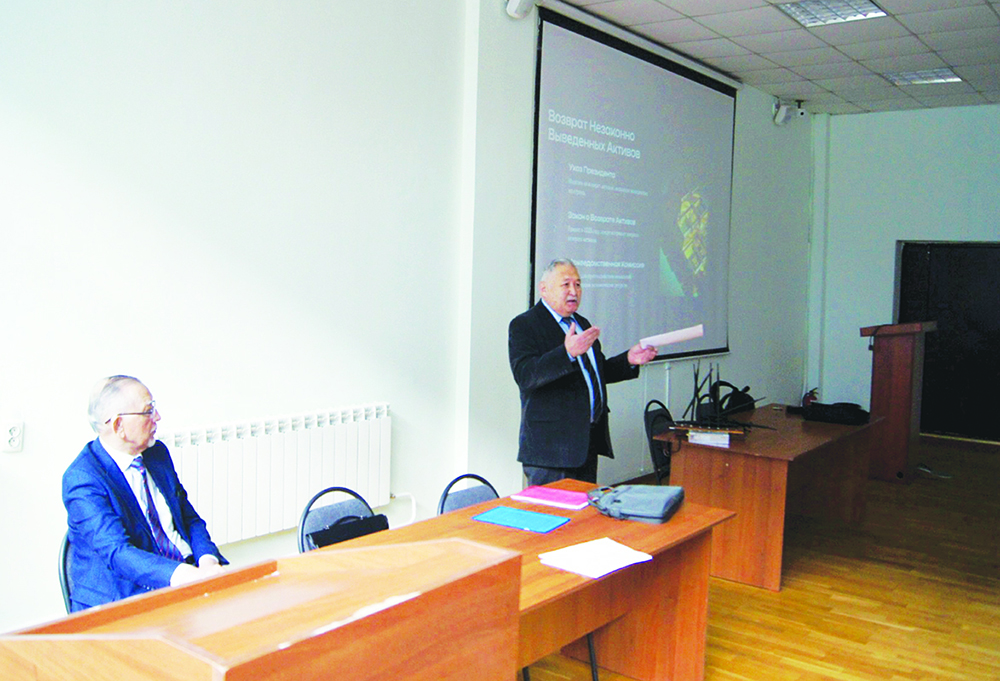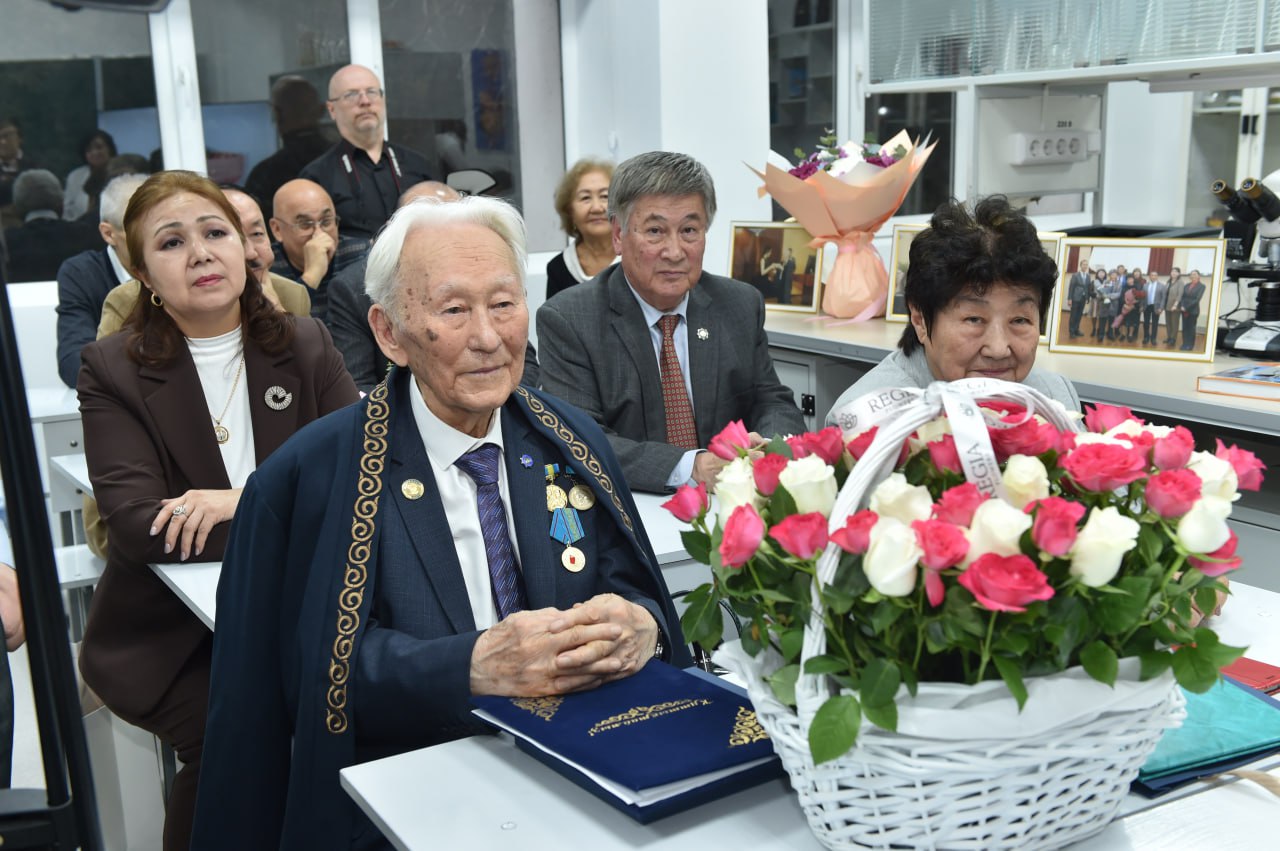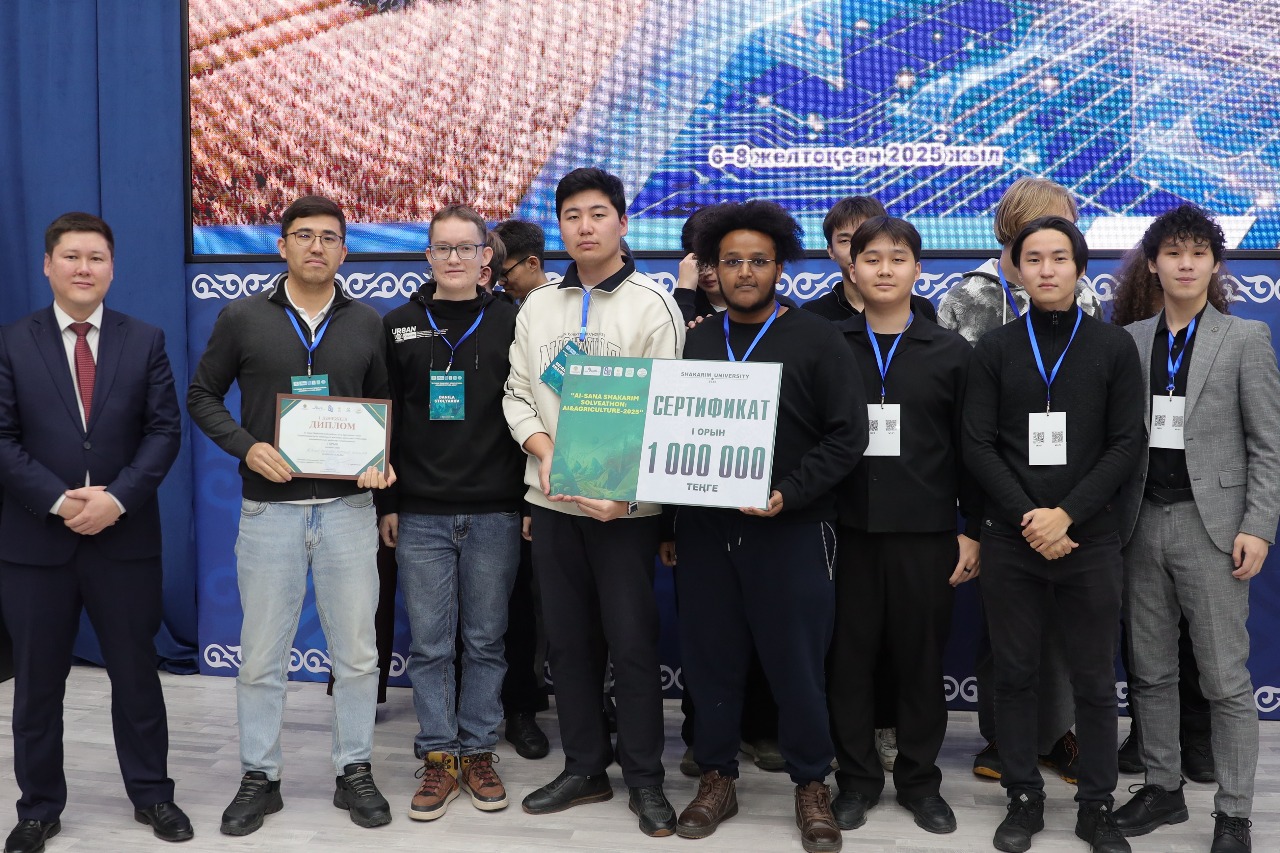Development of anti-corruption measures in Kazakhstan

Corruption is one of the most serious threats to sustainable development, democracy and social justice. The International Day against Corruption, celebrated on December 9, is a reminder of the need for comprehensive measures to eliminate this phenomenon. For Kazakhstan, the fight against corruption has become an integral part of government policy covering the legal, social and economic spheres. On the eve of the International Day against Corruption, an event was held that revealed the history of the holiday, which dates back to the signing of the UN Convention against Corruption.
One of Kazakhstan's main steps in combating corruption has been the creation of a legislative framework that makes it possible to combat corruption at all levels. "The Anti-Corruption Law", adopted in 2015, is the foundation of the country's modern anti-corruption policy. It enshrines key principles such as ensuring transparency, increasing accountability of civil servants, and protecting citizens' rights. At the same time, a network of specialized agencies was created. The Anti-Corruption Agency of Kazakhstan stands out as the central body responsible for the detection, suppression and prevention of corruption crimes. One of the most successful anti-corruption tools in Kazakhstan has been the introduction of digital technologies. By 2024, 90% of public services are provided digitally through the eGov platform, which has significantly reduced corruption risks. E-government allows citizens to receive public services online, minimizing the need for personal interaction with officials.
By joining the UN Convention against Corruption in 2008, Kazakhstan assumed obligations to comply with international standards. This has opened up opportunities for cooperation with leading anti-corruption organizations such as Transparency International and the exchange of experience with other countries. Thanks to the integration of international norms and standards, Kazakhstan has managed to increase its position in the global Corruption Perception Index, scoring 39 points out of a possible 100 and rising to 93rd place out of 180 countries. The improvement indicates progress in combating corruption and strengthening the rule of law.
In recent years, Kazakhstan has been able to achieve real success in reducing corruption. One of the key examples is that in 2023, assets worth about 1 trillion tenge were returned to Kazakhstan. Among them are large assets owned by high-ranking officials, including real estate, businesses, and financial assets. An important result was a reduction in the number of corruption crimes. According to the Anti-Corruption Agency, in 2023, the number of registered corruption offenses decreased by 10% compared to the previous year, which indicates the effectiveness of preventive measures.
Kazakhstan continues to strengthen its legal framework, develop digital technologies, and foster a culture of intolerance towards corruption among all segments of society. International Anti-Corruption Day is a reminder that success is possible only if the efforts of the state and citizens are combined. Kazakhstan has already made significant steps in this direction, but important tasks remain ahead, on which the well-being and prosperity of the whole country depends.
Maksut SAMALDYKOV,
Candidate of Law, Associate Professor of the Department of International Law
Anel VALIKHANOV,
student of the "International Law" program
Other news


